Calls mount on Saudi Arabia to stop execution of two young Bahrainis
International human rights organizations have called upon Saudi authorities to stop the imminent execution of two Bahraini men accused of trumped-up terrorism-related crimes, as the kingdom keeps using death penalty to silence rights activists and political opponents.
The organizations urged the officials not to ratify the death sentences against Jaafar Mohammad Sultan and Sadeq Majeed Thamer, quash their conviction and re-try them in line with international fair trial standards.
Rights groups argued that the two Bahraini Shia men were sentenced to death on trumped-up terrorism and protest-related charges following a grossly unfair trial.
They stressed that Saudi Arabia’s judicial system has yet again displayed a chilling disregard for human rights by upholding death sentences against the two men, and their execution will constitute an arbitrary deprivation of the right to life.
The human rights organizations also urged Saudi authorities to order a prompt, impartial and independent investigation into the defendants’ claims of torture and ill-treatment.
Last week, Saudi Arabia’s Supreme Court upheld death sentences of Thamer and Sultan to death after finding them guilty of “smuggling explosives” into the kingdom and involvement in terrorist activities.
Bahrain’s February 14 Revolution Youth Coalition held the Saudi regime fully responsible for the youths’ safety, calling on the United Nations Secretary-General Antonio Guterres to take on his duties and intervene urgently to stop the crime.
The Bahraini opposition protest movement also called on the international community to stand up against Saudi Arabia’s King Salman and Crown Prince Mohammed bin Salman, and prevent the death sentences from being carried out.
The February 14 Revolution Youth Coalition demanded swift action to save the lives of the two young Bahraini nationals before it gets too late, considering Bahrain’s ruling Al Khalifah regime as a partner in any criminal action against the Arab nation.
Sultan and Thamer were arrested in May 2015 along the King Fahd Causeway, which connects Saudi Arabia and Bahrain.
They were held incommunicado for months after their arrest. The Bahraini youths were subjected to systematic and fatal torture with the aim of extracting false confessions from them.
Ever since bin Salman became Saudi Arabia’s de facto leader in 2017, the kingdom has arrested dozens of activists, bloggers, intellectuals and others perceived as political opponents, showing almost zero tolerance for dissent even in the face of international condemnations of the crackdown.
Muslim scholars have been executed and women’s rights campaigners have been put behind bars and tortured as freedom of expression, association, and belief continue to be denied.
Over the past years, Riyadh has also redefined its anti-terrorism laws to target activism.
Hamas: Israel escalating ceasefire violations in Gaza
Venezuela's government declares unwavering unity behind Maduro
VIDEO | Global outcry over Venezuela president abduction
Iran keeps wheat import subsidies despite cutting other food supports
Venezuelan military stands with acting president after US kidnapping of Maduro
VIDEO | Press TV's news headlines
VIDEO | Protesters in Toronto slam US kidnapping of Venezuelan president
Israeli troops detain, intimidate Palestinian toddler in West Bank


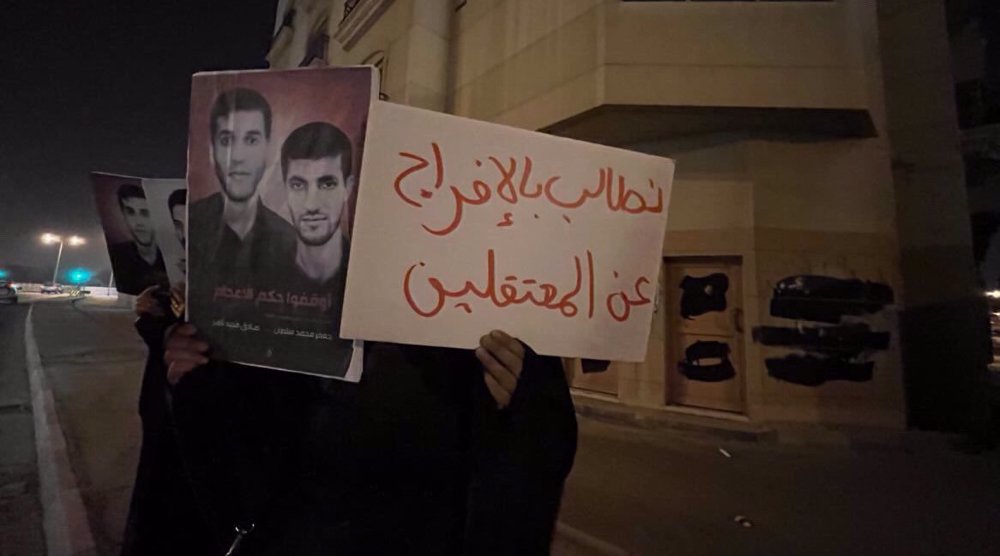
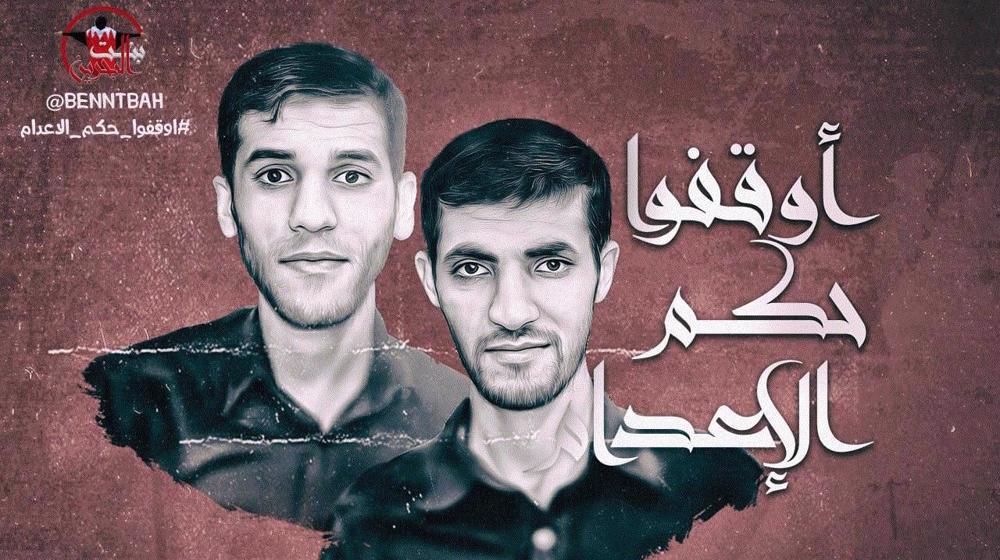
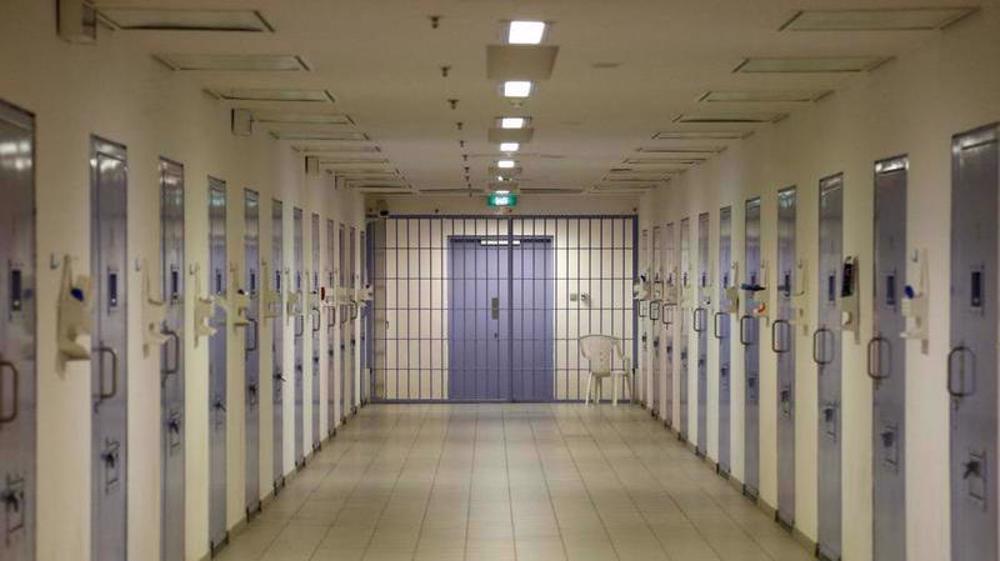
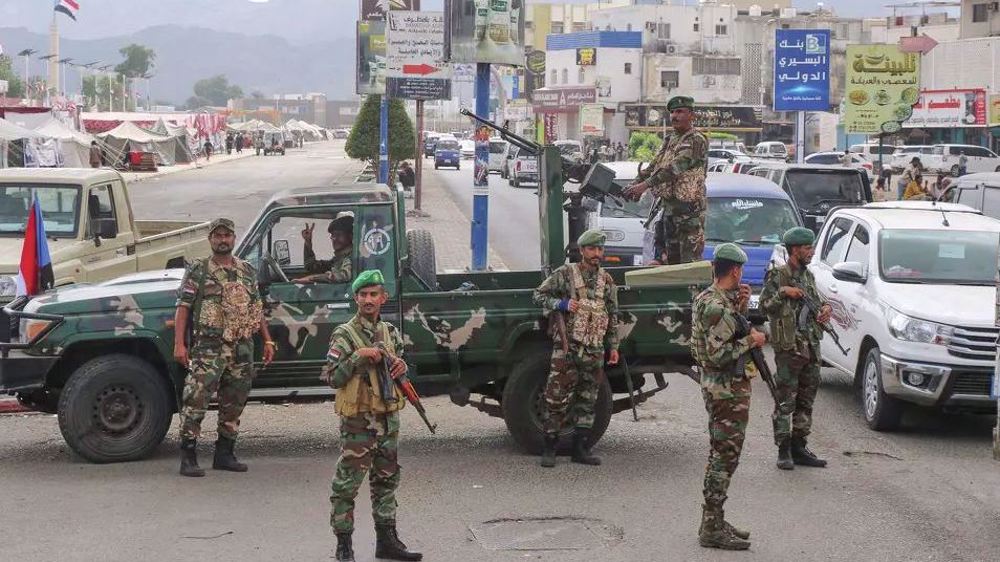
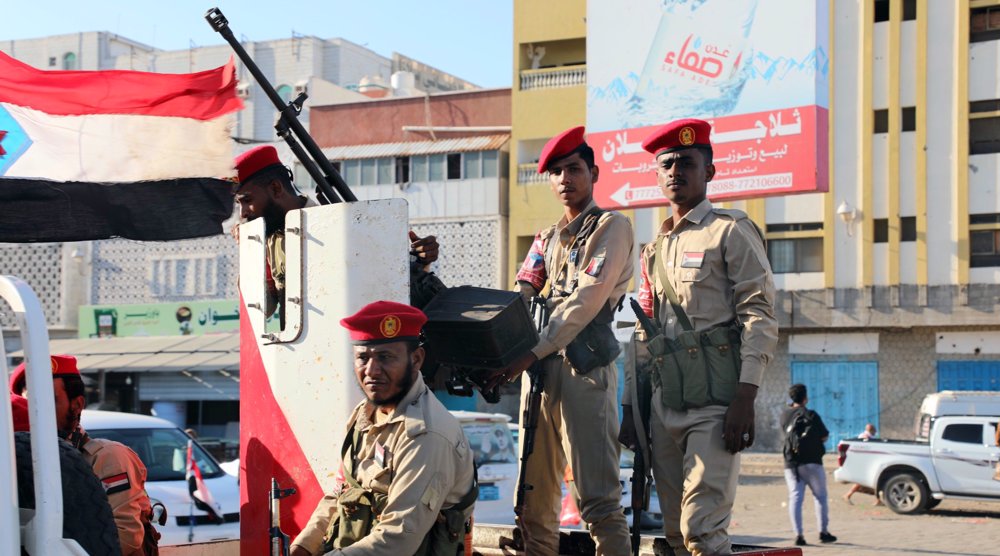




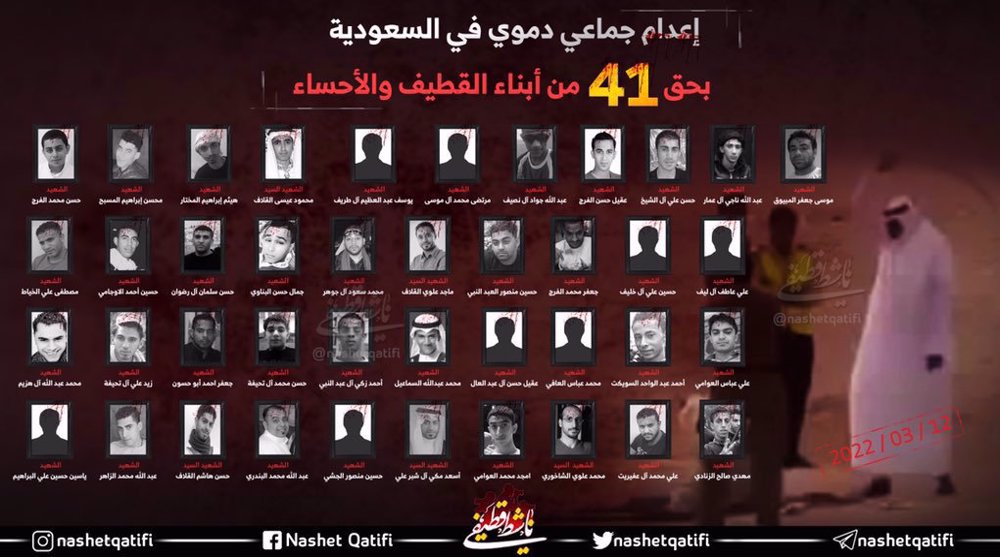
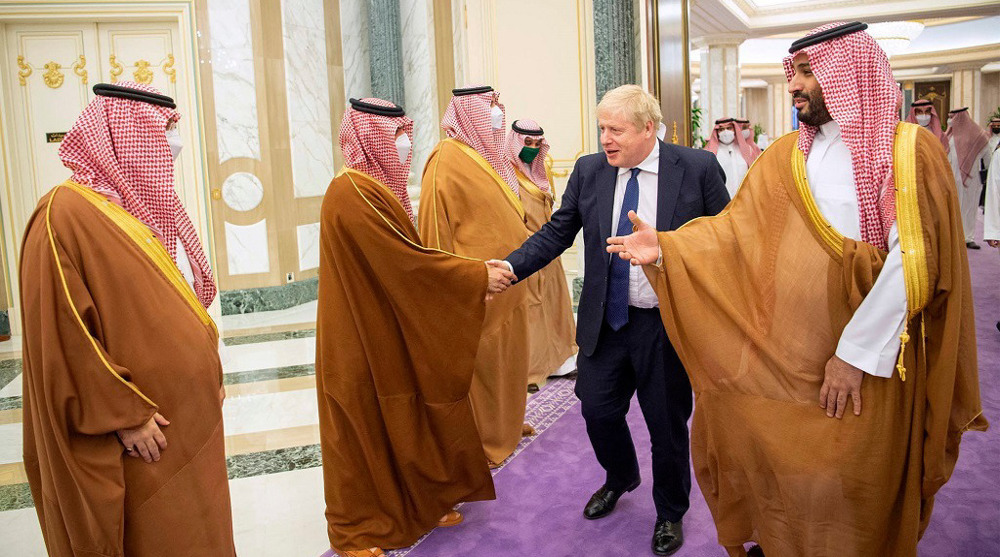
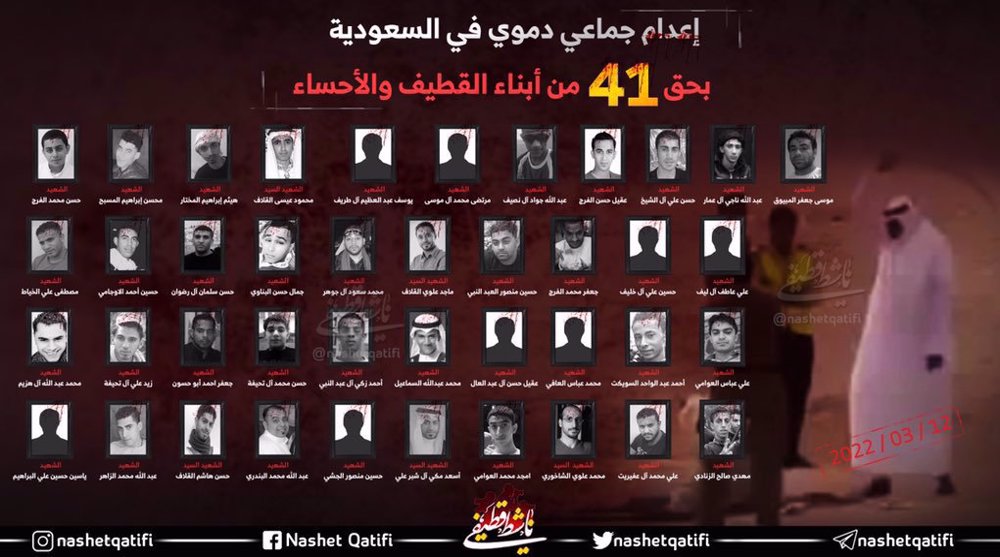
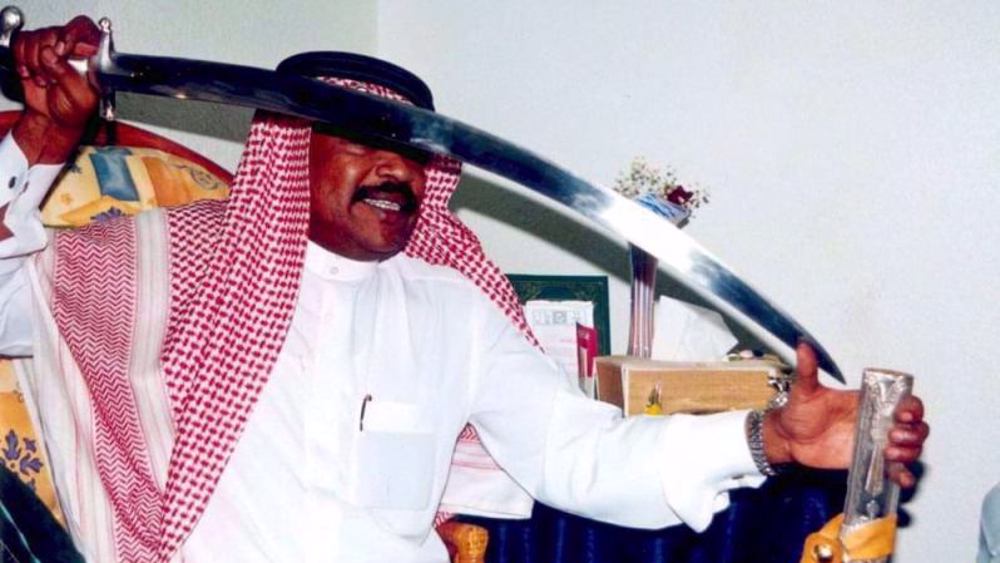
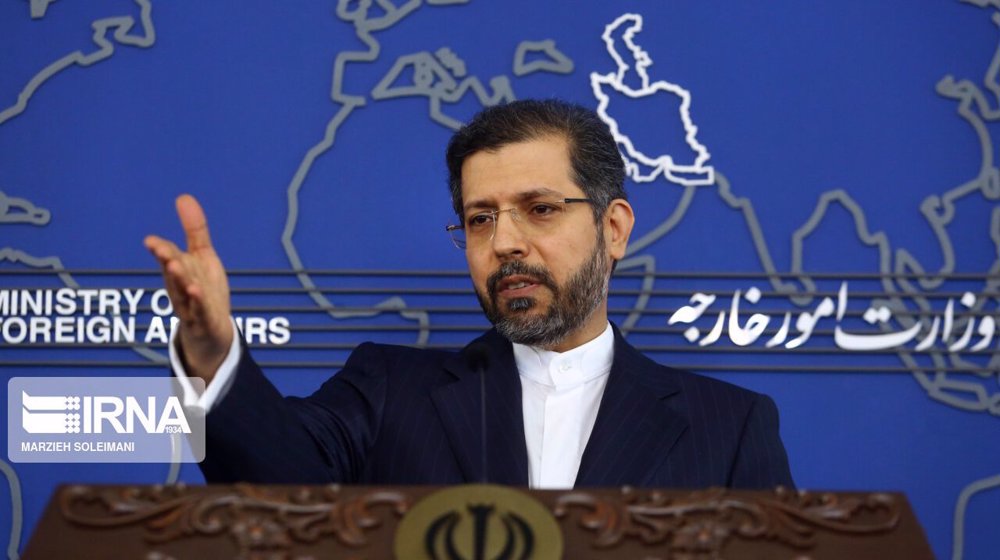
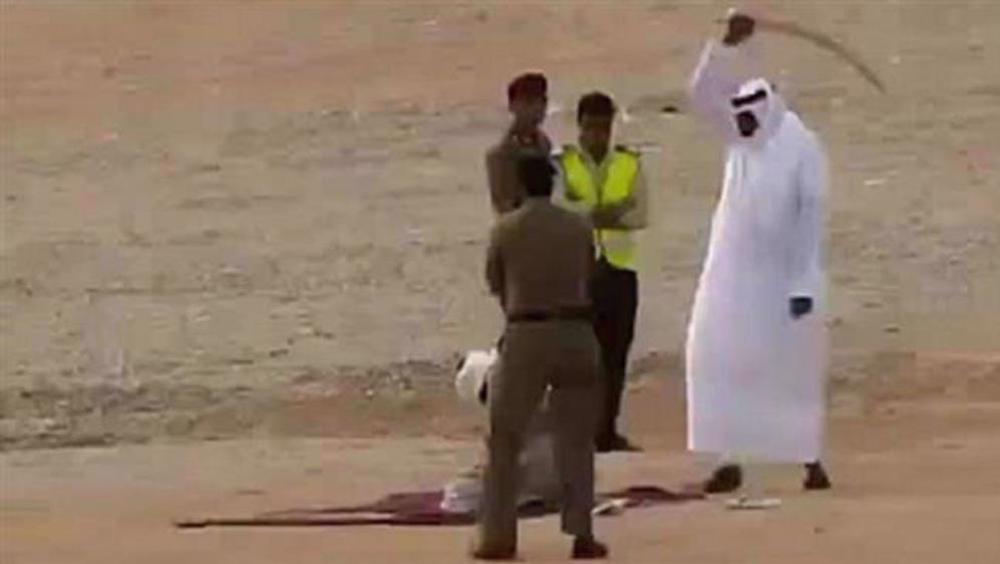
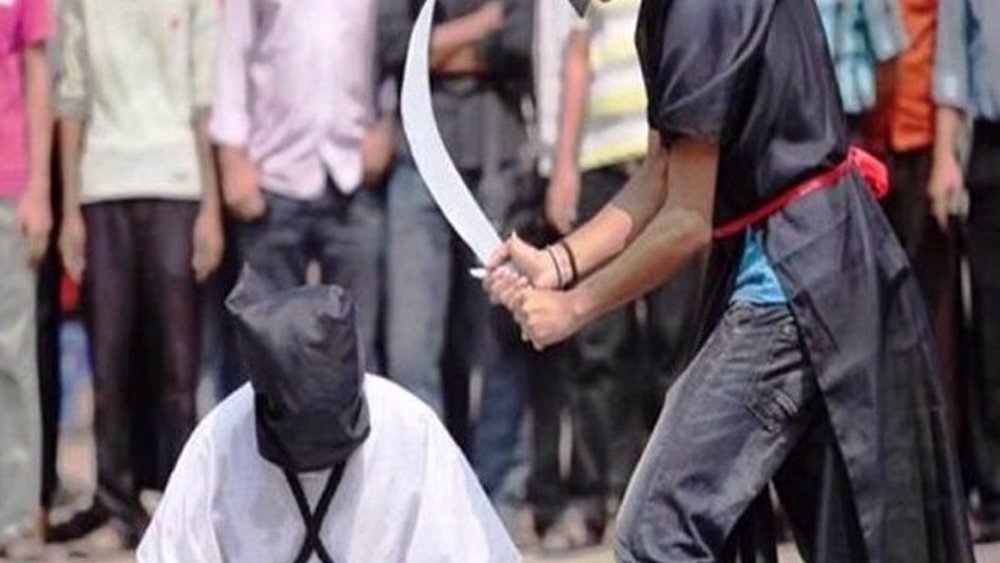

 This makes it easy to access the Press TV website
This makes it easy to access the Press TV website